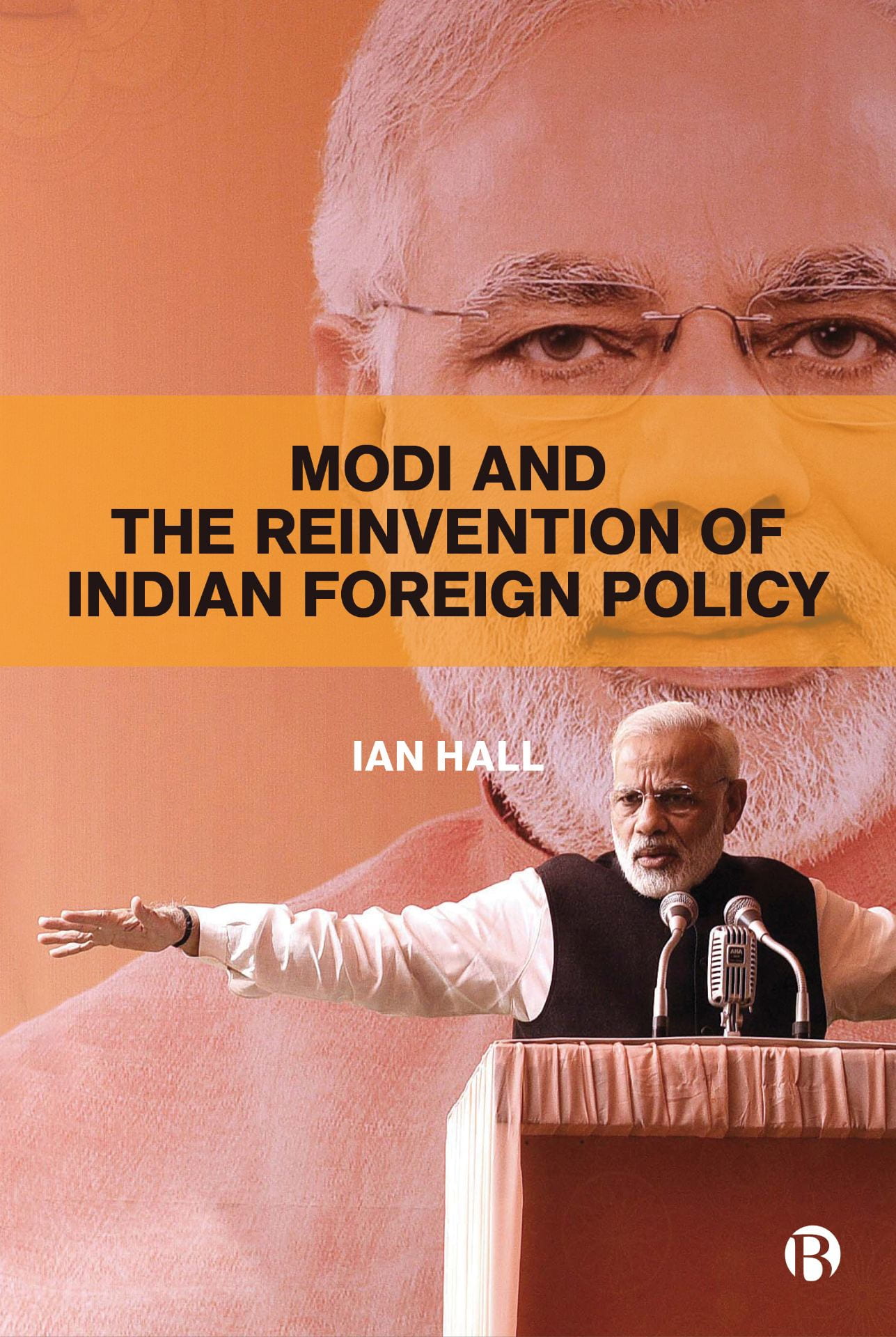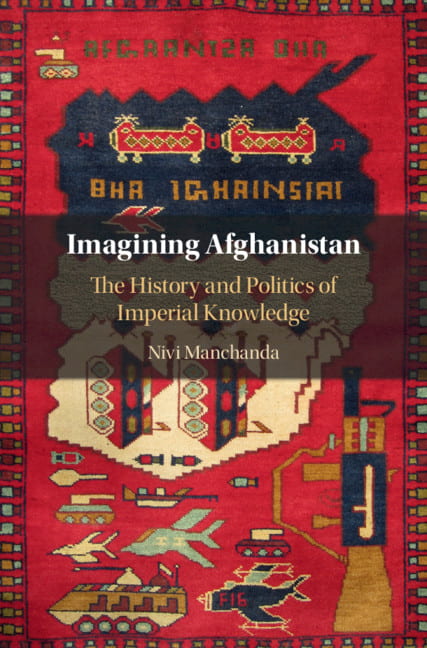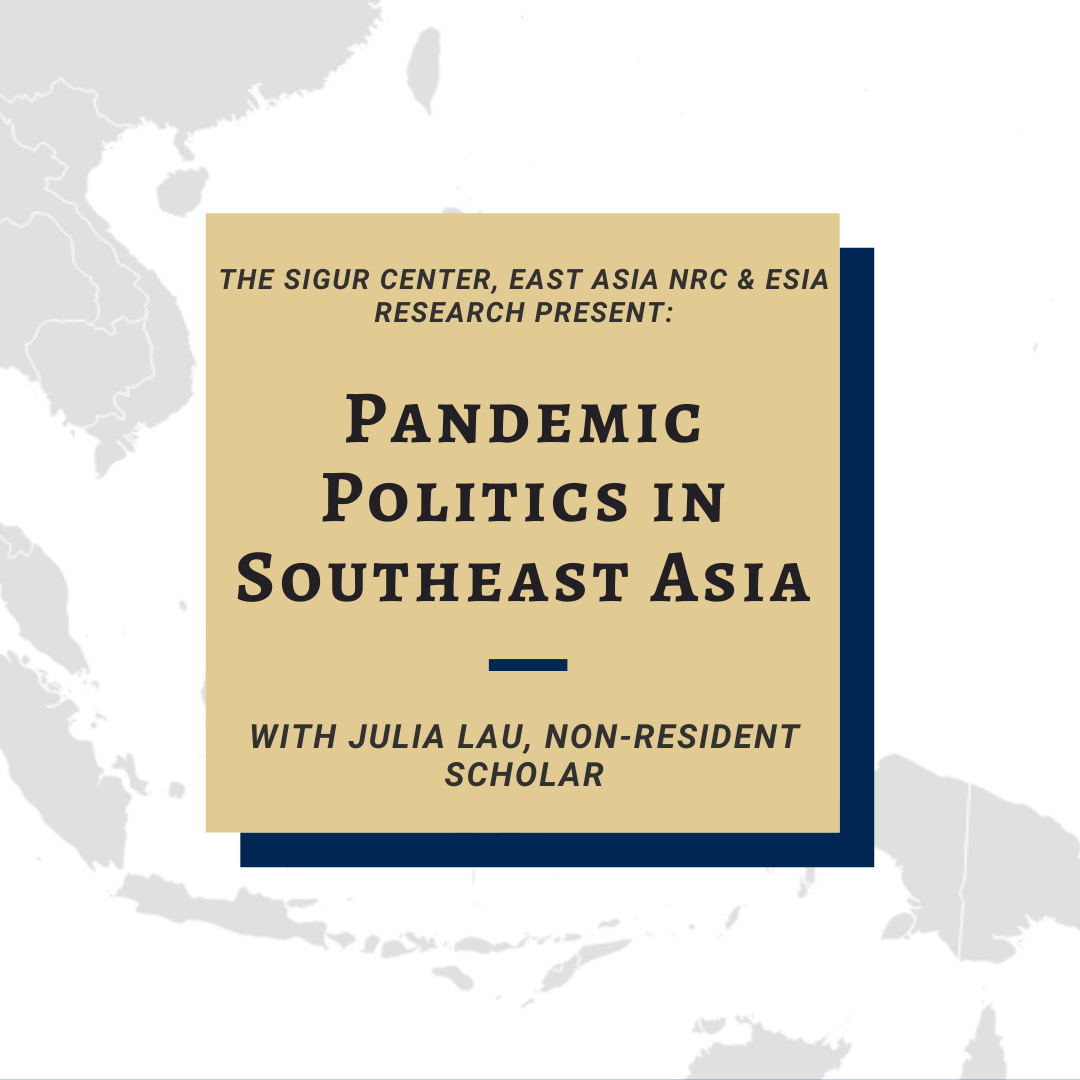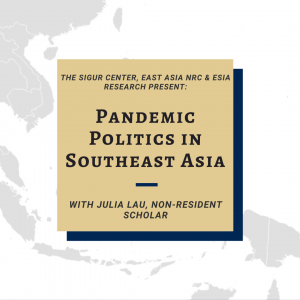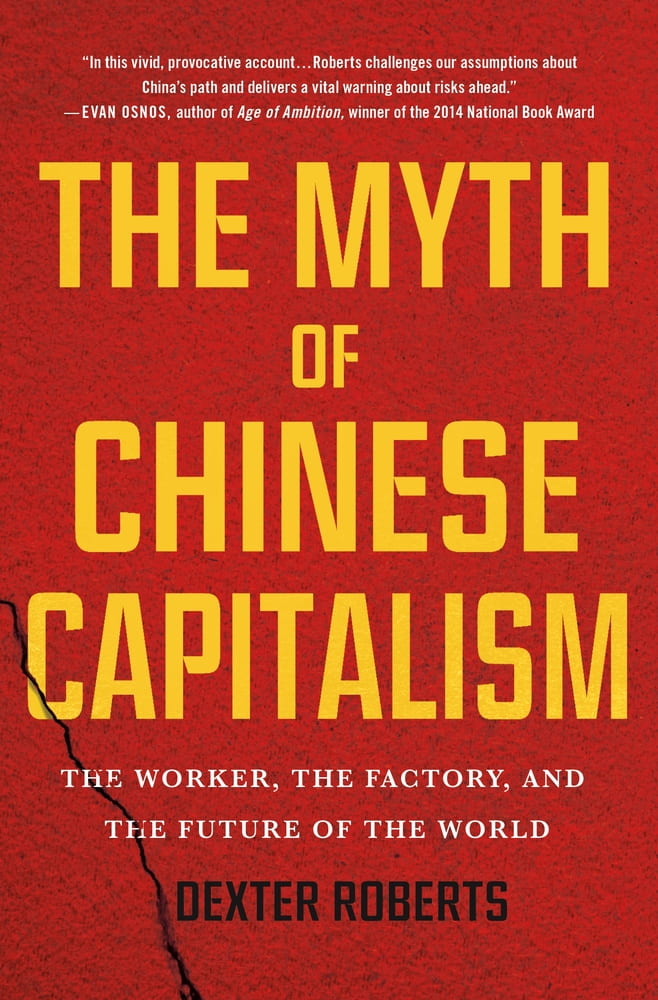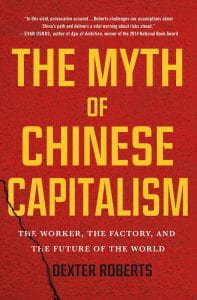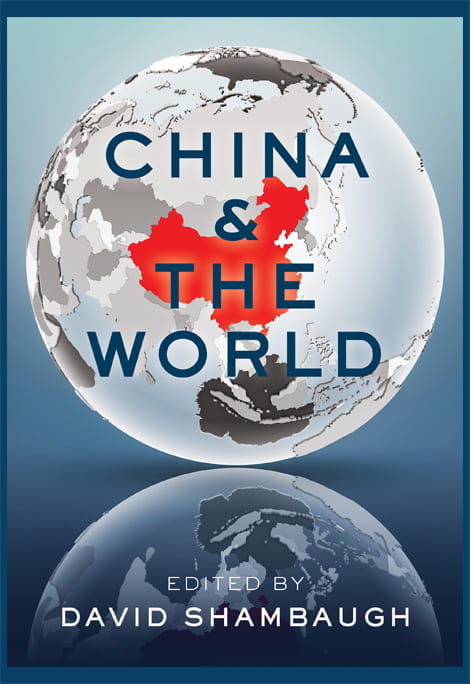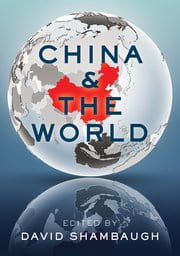Thursday, August 20, 2020
7:00 PM – 8:15 PM EDT
Live book launch via WebEx
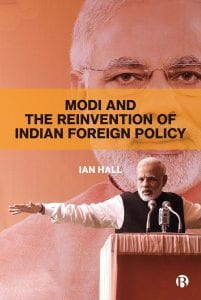
In the third edition of the Sigur Center for Asian Studies‘ latest series, New Books in Asian Studies, we will host Griffith Asia Institute (Australia)’s Deputy Director of Research Ian Hall to discuss Modi and The Reinvention of Indian Foreign Policy with Director of the Rising Powers Initiative Deepa M. Ollapally.
In the campaign that led to his landslide victory in India’s 2014 general election, Prime Minister Narendra Modi scarcely mentioned his foreign policy ideas. Once in power, however, Modi moved rapidly to boost India’s reputation as a significant actor in global affairs and to assert his leadership with a frenetic bout of personal diplomacy. In this book, Ian Hall reveals the major changes made by Modi’s government, from strengthening relations with other South Asian states in addition to the United States, Israel, and Japan to taking stronger action against Pakistani-sponsored militancy and adopting a more robust stance towards China. Hall examines how Modi and his supporters have also tried to supply new intellectual underpinnings for Indian foreign policy, aiming to change how the world sees India. He compares Modi’s attempted reinvention with the postcolonial policy of Jawaharlal Nehru, India’s first Prime Minister, tracing the evolution of Hindu nationalist thinking on international relations and locating Modi’s thought within that tradition.
Hall will present on his book for 20 min before we launch into a moderated discussion and audience Q&A for the rest of the event.
